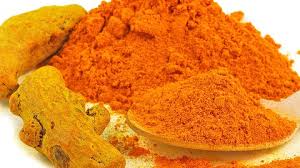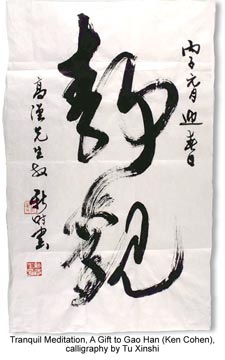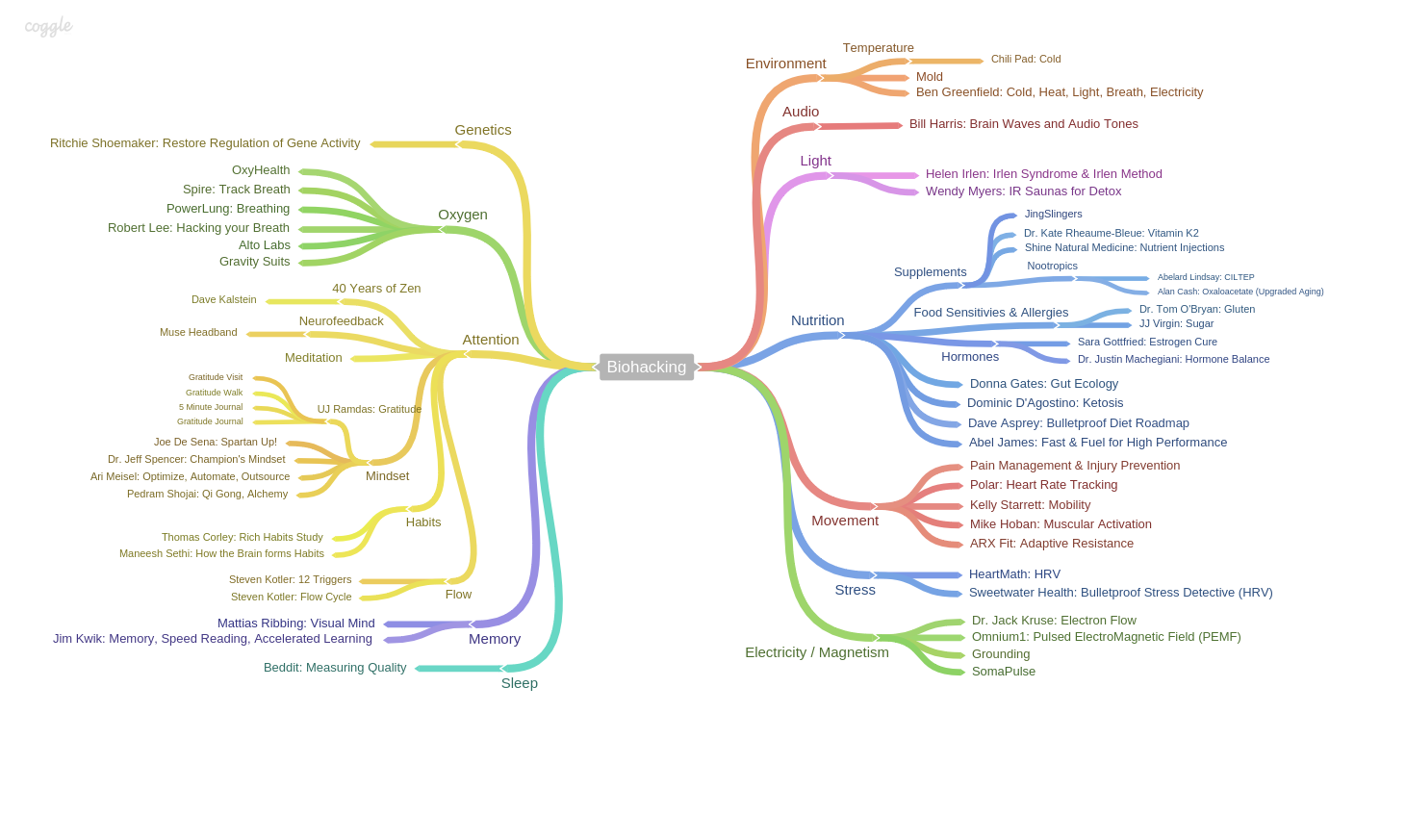BY Christina Larmer
There’s more to turmeric than spicing up a curry. Research shows it has many benefits and may help ward off dementia and reduce your risk of cancer.
If you’re cooking a curry this evening, you might want to sprinkle in some extra turmeric. Research is showing what countries such as India and Sri Lanka have long known – that this yellow spice has more benefits than boosting food flavour. Used for more than 4000 years to treat a variety of ailments, curcumin – the active ingredient in turmeric – could potentially ward off dementia and prevent cancer.





